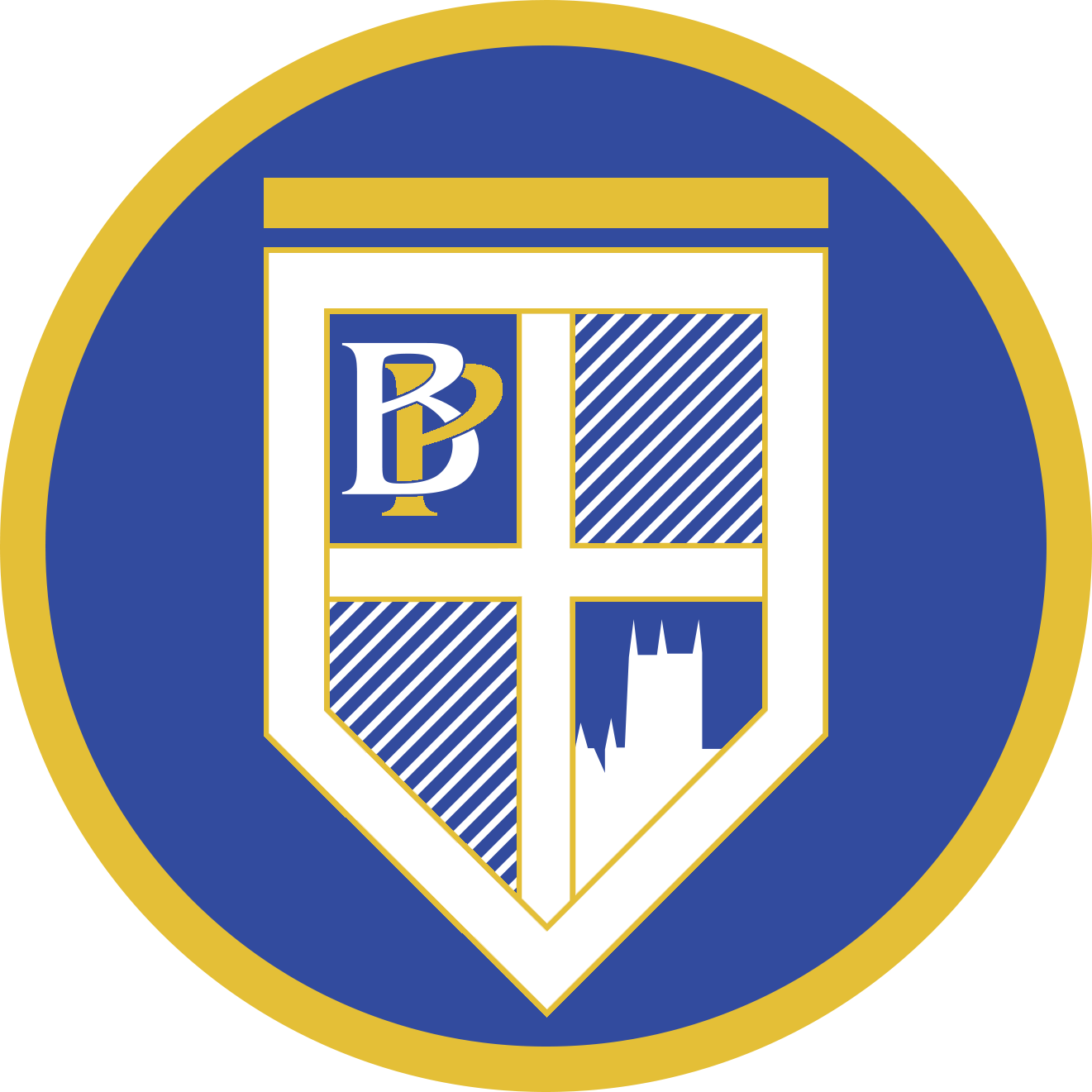Endeavour Programme
Introduction
What is the Endeavour programme?
The Endeavour programme is designed to allow our learners to develop a well-rounded attitude towards positive growth, both in our classrooms and beyond. As a core value of our school, pupils can Endeavour in different and diverse ways, as Endeavour is an attitude not a testing score. We will support furthering our learner’s development beyond the curriculum to foster their interests through engagement with world-linked issues and topics. Endeavour Forever is a core value and attitude we highlight and support across the school, and this programme spearheads enrichment. Endeavour can be a passion for Art, a curiosity for Science or an aptitude for higher learning. The programme acts as an accelerator for boosting our learners understanding of the world around us through engagement, experiences and exposure to new situations and challenges.
Why does Endeavour as an attitude matter?
This programme opens doors for future ambitions, through collaborations with businesses, charities, community groups and universities, where pupils can encounter and explore the links between the classroom subjects and the wider world. Additionally, the programme reinforces our learners understanding of how the classroom as Bishop Perowne can facilitate and support long-lasting careers, vocations and/or activities. With an Endeavour attitude pupils demonstrate passion, curiosity and aptitude which will support their successes whatever route they take post-GCSE’s.
Who can be in Endeavour?
All of our pupils are eligible to engage with the programme if they show an Endeavour attitude within a subject. Throughout the year there will be a range of events, activities, and trips which our learners can participate in. The events will be tailored to fit the strengths, interests, and merits in each cohort, as such it will adapt on a year-on-year basis. Learners are selected initially through the subject specialists and leads within the school, as each aspect of the Endeavour programme is linked with a subject taught to reflect the curriculum and reward engagement through enhancement. This is to ensure that pupils are given the opportunities that would be best suited to springboard their aspirations and passions to support the Endeavour attitude.
How is the Endeavour programme structured?
The programme is designed around central themes which are connecting varying aspects of society and the wider world. The distribution of themes is designed to ensure a wide variety of content is available throughout the academic year. Each theme focuses on the development of knowledge, experience and understanding of our learner’s perceptions of the various roles and uses of academia in both the local community and society at-large. Additionally, the themes-based programme provides a wider access to society for our learners, and bridges the core values in Bishop Perowne, with the classroom and the world around us.
An example theme is: Managing Mindfulness and Readying Resilience, which targets our learners understanding of mental health in our community, whilst also providing experiences to develop their confidence in supporting one-another in their daily routines and activities.
Timetable
The calendar of themes and events changes year-on-year to reflect the interests and strengths of the current cohort of Endeavour pupils identified. A prospective provisional timetable is presented below; however, this is subject to change as the program is bespoke and in-development. Year 7 will begin to engage with Endeavour in the Spring term to allow for our pupils to focus on the transition. Additionally, year 11 will not be included in the program so that their efforts are focused on their examinations and coursework.

Staff

Mr B Glackin
Endeavour Programme Co-ordinatorMr B Glackin (BGL)
Positions Held
- Teacher of Mathematics
- Endeavour Programme Co-ordinator
Subjects
- Mathematics (Teacher)


Mr C Aitken
SLT LeadMr C Aitken (CAI)
Positions Held
- Assistant Headteacher
- Teacher of Science
Subjects
- Science (Teacher)


